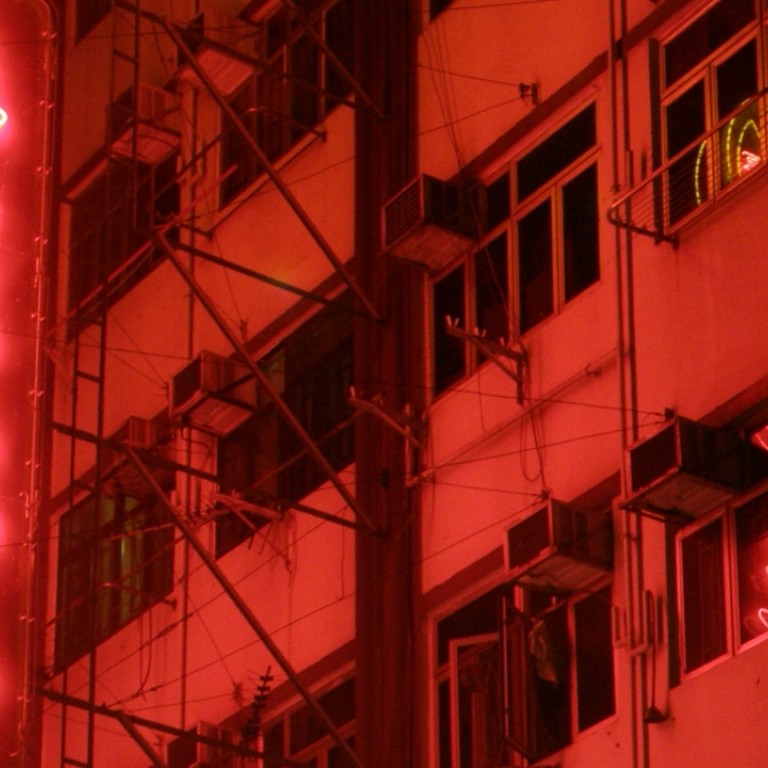
How Hong Kong’s light pollution can ruin your nights and make days a drag
New research shows that living in the world capital of light pollution could be causing sleep disturbances, making you more prone to daytime fatigue, impaired functioning and waking up confused at night
If your neighbourhood is well lit at night, you may not be sleeping well, according to new research by Stanford University. In a study that involved about 16,000 people in the United States over eight years, the scientists found that night-time light affects sleep duration and was significantly associated with sleep disturbances.
SEE ALSO Strike a light: Hong Kong task force shelves legislation on light pollution
Study participants living in more intense light areas were more likely to be dissatisfied with their sleep quantity or quality than those living in less-intense light areas, with 29 per cent dissatisfied compared to 16 per cent.
SEE ALSO: Action needed against light polluters
“Our world has become a 24/7 society. We use outdoor lighting, such a street lights, to be more active at night and to increase our safety and security,” says study author and sleep medicine expert Dr Maurice Ohayon, a professor of psychiatry and behavioural sciences at Stanford. “The concern is that we have reduced our exposure to darkness and it could be affecting our sleep.”
SEE ALSO: Laws are a last resort on light pollution
If that’s true in the US, what then the effect on residents in Hong Kong, the world’s most light-polluted city?

SEE ALSO: How Hong Kong’s urban light pollution creates ‘mini jet lag’
In the new Stanford study,15,863 people were interviewed by phone about their sleep habits, quality of sleep as well as medical and psychiatric disorders. Then, with nighttime data from the US Defence Meteorological Satellite Programme, the researchers looked at how much outdoor light those people were exposed to at night.
People living in more intense light areas were 6 per cent more likely to sleep less than six hours per night than people in less intense light areas. They were more likely to report fatigue than those with low light exposure - 9 per cent compared to 7 per cent. And they also slept slightly less per night than those with low light exposure - an average of six hours, 41 minutes per night compared to six hours, 52 minutes per night.
In addition, people with high light exposure were more likely to wake up confused during the night than people with low light exposure, with 19 per cent experiencing this compared to 13 per cent. They were also more likely to have excessive sleepiness and impaired functioning, at 6 per cent compared to 2 per cent.

Earlier this year, a voluntary two-year scheme aimed at alleviating extreme levels of light pollution was introduced in Hong Kong. Under the Charter on External Lighting, which starts in April, organisations will be encouraged to turn off external decorative, promotional or advertising lighting from 11pm. Organisations who meet certain criteria will receive awards in 2017.

